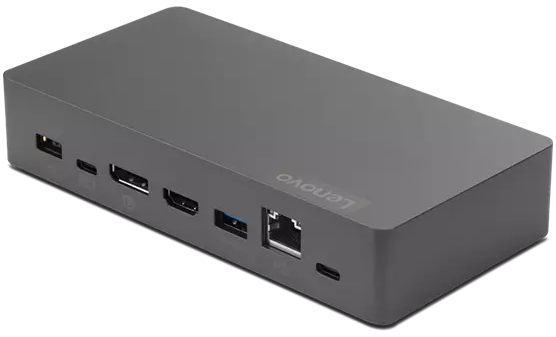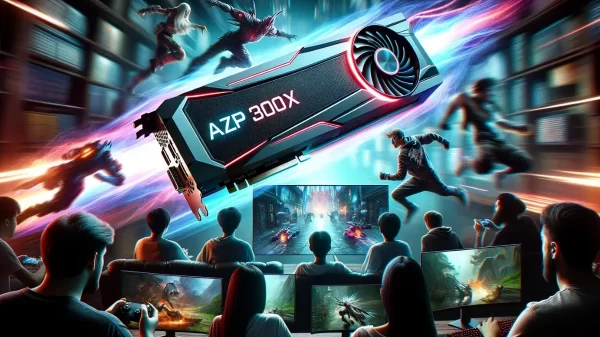Introduction
Refurbished laptops have gained popularity as a cost-effective alternative to buying brand new devices. These laptops are previously owned and have been returned to the manufacturer or retailer for various reasons, such as defects, cosmetic damage, or simply being used and then returned. However, before being resold, they undergo a refurbishment process to restore them to a functional and reliable condition.
One of the primary advantages of refurbished laptops is their affordability. Compared to new laptops, refurbished models are typically priced lower, making them an attractive option for individuals on a tight budget or those seeking a good deal. These cost savings can allow buyers to access higher-end specifications or models that may otherwise be out of their price range.
Are refurbished laptops a good value for the money?
Refurbished laptops can often be a good value for the money, depending on various factors. A refurbished laptop is a device that has been returned to the manufacturer or retailer for various reasons, such as defects, cosmetic damage, or simply being used and then returned. These laptops are then repaired, tested, and restored to a functional condition before being sold again.
Cost savings:
Refurbished laptops are typically priced lower than brand new ones, sometimes significantly. This can make them an attractive option for those on a budget or looking for a good deal.
Warranty and support:
Reputable refurbishers often provide a warranty on their refurbished laptops, offering a certain level of protection and peace of mind to buyers. Additionally, some manufacturers or retailers may offer customer support and assistance for refurbished devices.
Quality and reliability:
The quality and reliability of a refurbished laptop can vary depending on the refurbisher and the specific device. Reputable refurbishers usually have strict quality control processes in place to ensure that the laptops are thoroughly tested and repaired. However, it’s still advisable to research the refurbisher’s reputation and read customer reviews to gauge the overall quality and reliability of their products.
Specifications and performance:
Refurbished laptops can be a great option if you’re looking for a specific model or configuration that may no longer be available as new. You can often find older models or higher-end configurations at a lower price compared to buying a new laptop with similar specifications.
Cosmetic condition:
Refurbished laptops may have some cosmetic blemishes or signs of wear since they have been previously used or repaired. However, this doesn’t necessarily impact the functionality or performance of the laptop. If you don’t mind minor cosmetic imperfections, you can save money by opting for a refurbished device.
It’s important to purchase refurbished laptops from reputable sources, such as authorized refurbishers or manufacturers, to ensure that you’re getting a reliable and properly restored device. Additionally, review the refurbisher’s return policy in case you encounter any issues with the laptop after purchase.
Ultimately, the value of a refurbished laptop depends on your specific needs, budget, and the condition of the device. By considering these factors and doing thorough research, you can make an informed decision and potentially find a good deal on a refurbished laptop.
What should I do if I encounter technical issues with a refurbished laptop?
If you encounter technical issues with a refurbished laptop, here are some steps you can take to address the problem:
Check the warranty:
If your refurbished laptop came with a warranty, review the terms and conditions to understand what is covered and the duration of the warranty period. If the issue you’re facing is covered under the warranty, follow the procedures outlined to seek support or request repairs.
Contact the refurbisher or seller:
Reach out to the refurbisher or seller from whom you purchased the laptop. Provide them with a detailed description of the issue you’re experiencing and any relevant information. They may offer troubleshooting guidance or provide instructions on how to proceed with repairs or replacements.
Perform basic troubleshooting:
Before seeking external assistance, try some basic troubleshooting steps. Restart the laptop, ensure all connections are secure, update drivers and software, run a virus scan, and check for any system updates.
Seek technical support:
If the problem persists or requires professional assistance, contact technical support for the laptop manufacturer or the refurbisher. They may have dedicated support channels, such as phone, email, or online chat, through which you can seek guidance and troubleshooting advice. Be prepared to provide detailed information about the issue and any troubleshooting steps you’ve already taken.
Consider local repair options:
If the laptop is no longer covered under warranty or if you prefer to seek local repair services, you can reach out to reputable computer repair shops or authorized service centers. They can diagnose the problem and provide you with repair options and cost estimates. It’s important to choose a reliable repair service that has experience with the specific brand and model of your laptop.
Document the issue:
Throughout the process, keep records of your communication with the refurbisher, seller, or repair services. This includes dates, details of conversations, and any actions taken. Having proper documentation can be helpful if there are any disputes or issues with the resolution process.
Remember to remain patient and cooperative throughout the troubleshooting and repair process. Communication and clear documentation will assist in resolving the technical issues effectively and ensuring a satisfactory outcome.
Note:
The specific steps and procedures may vary depending on the refurbisher, seller, or laptop manufacturer. Always refer to the warranty terms, support documentation, and instructions provided by the relevant parties for the most accurate and appropriate guidance.
Also read:- Exploring the Factors Affecting Hard Disk Price
Conclusion
In conclusion, refurbished laptops can offer good value for the money, but several factors should be considered. They are often more affordable than brand new laptops, allowing buyers to access higher-end specifications or models within their budget. Reputable refurbishers undergo a thorough refurbishment process, ensuring the laptops are in functional and reliable condition.
If you encounter technical issues with a refurbished laptop, it’s important to check the warranty and contact the refurbisher or seller for support. Basic troubleshooting steps can be attempted, and if needed, professional technical support or local repair services should be sought. Documenting the issue and maintaining clear communication throughout the process can help achieve a satisfactory resolution.











